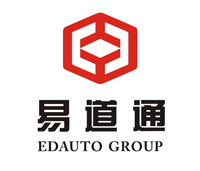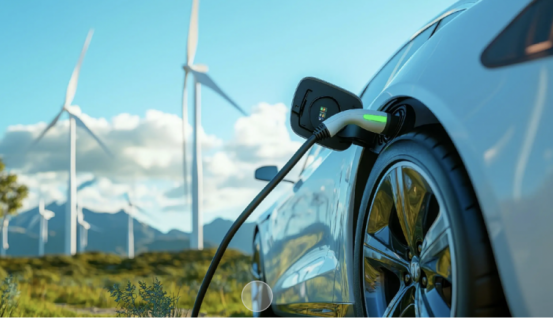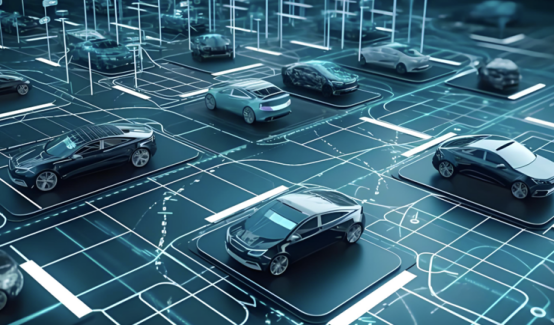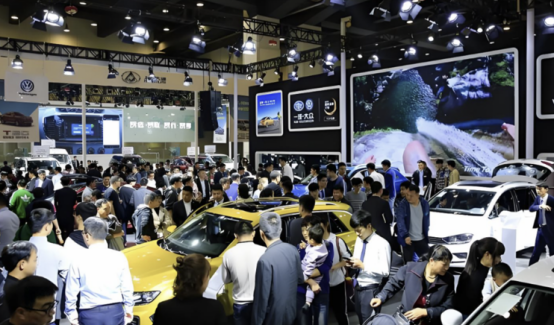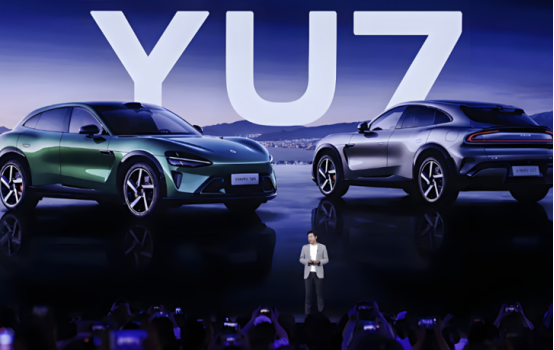Accelerating technological iterations and consumers’ dilemmas in choosing
In the new energy vehicle market, the speed of technological iteration is
remarkable. The rapid application of intelligent technologies such as LiDAR and Urban NOA (Navigation Assisted Driving) has given consumers an unprecedented car experience. However, this rapid technological update has also brought considerable troubles. Many consumers found that the model they bought had been replaced shortly after purchasing the car, and even the hardware configuration and functions of the new model were incompatible with it.
This phenomenon has caused consumers to fall into the anxiety of “buying new means old”. Faced with frequent model updates within a year, consumers have to consider more factors when buying a car, including performance, safety, after-sales service, etc. Different from the impromptu purchase logic of fast-moving consumer goods, the high price and complex decision-making of new energy vehicles make consumers more cautious when buying a car. Although the market is full of various new technologies and new functions, consumers often feel at a loss when faced with these choices.
Intensified competition and loss of differentiation
Competition in the new energy vehicle market is becoming increasingly fierce. In order to seize market share, major automakers have launched new models and new technologies. However, this practice of differentiation for the sake of differentiation often leads to intensified homogeneous competition. Many brands have no substantial breakthroughs in technology, but attract consumers through marketing methods and differences in details.
In the context of the transformation of power forms, the mechanical properties of automobiles have gradually weakened, and the application of smart hardware has become a new focus of competition. Although technological progress has indeed promoted product iteration, when a large number of similar technical solutions appear on the market, consumers’ choices have become more difficult. The boundaries between brands are blurred, and it is difficult for consumers to find products that truly meet their needs when buying a car.
This phenomenon not only reflects the market’s recognition of mature solutions, but also exposes the lack of innovation of some companies. Faced with a homogenized market, consumers’ anxiety is becoming more and more obvious. They are eager to find a new energy vehicle that truly meets their needs, rather than getting lost in the complex choices.
Consumer portrait: the boundary between fast-moving consumer goods and durable goods
Although new energy vehicles are showing a trend of “fast-moving consumer goods” in terms of technology iteration and marketing, for most consumers, cars are still a durable product. According to data from the National Bureau of Statistics, the per capita disposable income of residents in China will be 41,314 yuan in 2024, and the median annual household income will be about 90,900 yuan. In such an economic context, it is obviously impossible to make a car purchase decision as easily as a fast-moving consumer product.
For high-income groups, new energy vehicles may be regarded as a “fast-moving consumer product” and they are more likely to accept the rapid iteration of new technologies and new models. However, for most ordinary families, the purchase of a car still requires a well-thought-out decision-making process. When buying a car, consumers often pay attention to multiple factors such as brand, performance, and configuration, striving to make the best choice within a limited budget.
In this case, the market positioning of new energy vehicles is particularly important. Car companies need to clarify their target consumer groups and provide products that truly meet consumer needs, rather than blindly pursuing technological upgrades. Only in this way can they stand out in the fierce market competition and win the trust and support of consumers.
The rapid development of the new energy vehicle market has brought about technological progress, but also caused anxiety among consumers. In the face of frequent model updates and homogeneous competition, consumers need to maintain a clear understanding and make rational decisions about car purchases. Automakers should find a balance between technological innovation and user needs and provide products that truly meet market demand. Only in this way can new energy vehicles truly achieve the transformation from durable goods to fast-moving consumer goods in future development.
Email:edautogroup@hotmail.com
Phone / WhatsApp:+8613299020000
Post time: Jul-30-2025
